Mobile app development technologies
For all you CTO's, CDO's and technical folks... We're a full-stack digital team who focus mostly on software platforms where mobile is hugely important to the success of the business.

Dev Tools and Frameworks
Learn about the culture and benefits at Pocketworks.

Native Mobile Apps
When developing on iOS, we tend to choose Swift for new apps. On Android, we choose Kotlin. Since 2020, we started developing Flutter apps professionally.

Web Portals
For simple front-end web interfaces, we'll work with vanilla HTML5. We'll use Vuejs, Nuxt or React for more sophisticated solutions. We use Elixir and Phoenix for most of our business logic.

Progressive Web Apps
For PWAs that need an app-like experience, we use ReactJS or VueJS. The back-end can be Elixir and Phoenix. We also have some Ruby on Rails solutions.

Integrations
We tend to use RESTful API's that exchange JSON. If needed, with some appropriate caching policies. Occasionally we need to use XML and SOAP for certain integrations. We'll use a message brokers for high volume transactions. MQTT for IoT scenarios.

Continuous Integration
Most of apps build and deploy using Circle CI. For web apps hosted on Heroku, we'll use their build pipeline. This website is on Netlify and uses its own build pipeline. CI usually runs tests and can deploy to staging or live.

Databases
Postgres is our current go-to SQL DB, scaled vertically with a replica for read-heavy use cases. For integrating web sites to apps, we like RESTful API's with appropriate caching mechanisms, and are also exploring GraphQL.

"While native development has its advantages, cross-platform frameworks let us build for both iOS and Android with a single codebase, saving time and making maintenance easier.”
Matej Képeš
Head of Engineering
